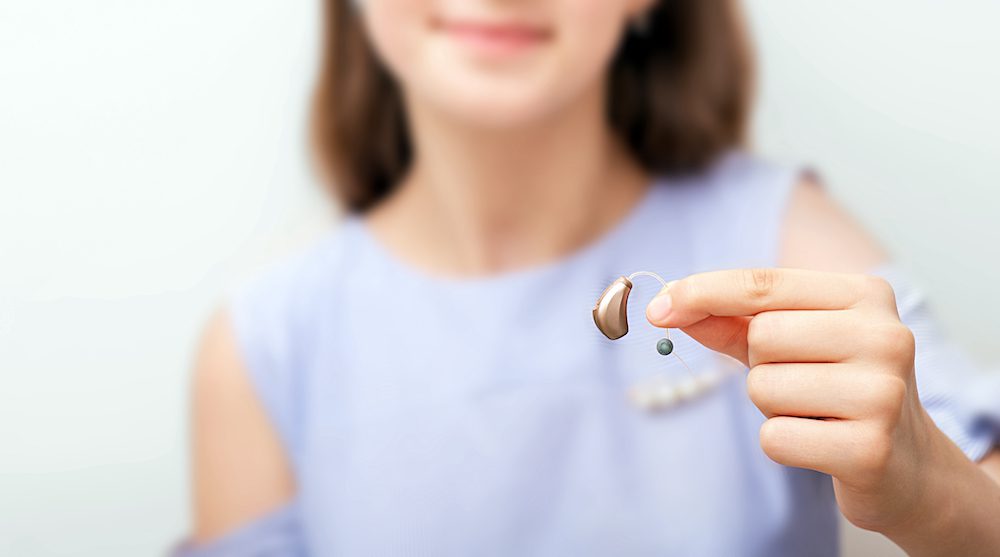Beyond the Hearing Aid: The Importance of Regular Hearing Tests
By: Kevin Kock, Au.D., MPH, CCC-A As a licensed audiologist, I regularly


By: Kevin Kock, Au.D., MPH, CCC-A As a licensed audiologist, I regularly

By, Laura Schroeder, Au.D. Supporting a loved one with a hearing loss can

By, Kevin Kock, AuD As a licensed audiologist, I’m fortunate to work